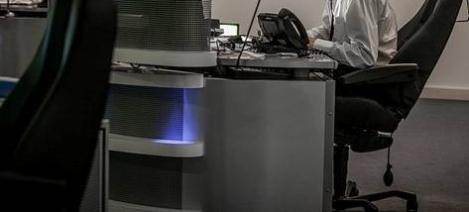June 19, 2015
Well designed offices should create spaces suitable for everybody
 The basis of the commonly held belief that offices are designed for extroverts seems to be that, because the primary goal of offices is to bring people together to work and because the de facto office design standard is open plan, then this makes them an ideal home for extroverts. They are parties to which everybody is invited, but at which the wallflowers are told to dance. There is something in this but it doesn’t tell the whole story. This is just as well because personalities are not so straightforwardly easy to categorise and the needs of everybody to collaborate or work alone – however extroverted they might be – vary throughout the day. The office remains endlessly complex and sophisticated and any simplistic notions about it and the things it does should be challenged with a cold, hard look at the facts and what is happening in the real world.
The basis of the commonly held belief that offices are designed for extroverts seems to be that, because the primary goal of offices is to bring people together to work and because the de facto office design standard is open plan, then this makes them an ideal home for extroverts. They are parties to which everybody is invited, but at which the wallflowers are told to dance. There is something in this but it doesn’t tell the whole story. This is just as well because personalities are not so straightforwardly easy to categorise and the needs of everybody to collaborate or work alone – however extroverted they might be – vary throughout the day. The office remains endlessly complex and sophisticated and any simplistic notions about it and the things it does should be challenged with a cold, hard look at the facts and what is happening in the real world.







































June 23, 2015
Design must support knowledge circulation in the next generation workplace
by Lee Parsons • Comment, Knowledge, Workplace design
More →